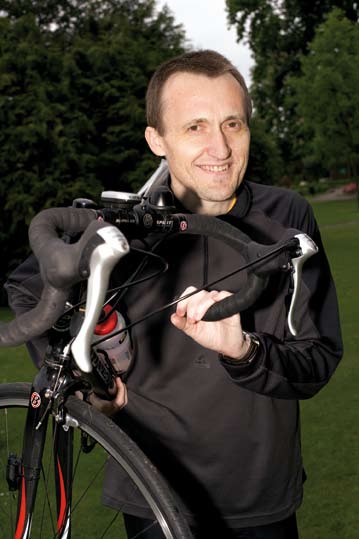

|
|
In February 2002, after being treated for a suspected stomach ulcer,
Peter collapsed at work during a business meeting. He was diagnosed
with GIST. Over a 4 year period he had 4 abdominal surgeries. In the
process he lost his entire stomach, spleen, left adrenal gland and 2/3
of his pancreas. He needed extensive surgery to repair his digestive
track, enabling him to eat. This surgery also enabled him to sleep in a
lying down position after having slept in a seated position for 18
months.
At the start of the illness, he was a strong 112 kg and at his lowest had dropped to 65 kg's. The weight loss and inability to eat was probably a greater risk to his life than the cancer itself. At times he survived through incredible support from family and friends, faith and at times shear bloody mindedness. Peter had the opportunity to use a trial drug called Glivec, after it failed, he was put onto a trial with a drug by the code name of SU011248. The drug is being trialed by Pfizer. We know already that these drugs are not a cure. They simply manage the cancer and hopefully buys time to find more long lasting alternatives. Please support us in finding a cure for GIST. What is GIST ?
|
|
||||||||||||||